OU News
News from The Open University
- Home
- Category: Space
Category: Space

“The OU completely changed my life”
Science was the one subject Ray Barber loved since he was a boy. Working as a college technician with no qualifications, he embarked on an OU degree and his life took an amazing turn; which he credits to the qualifications he gained with the OU. He’s since travelled the world with his work, including a […]
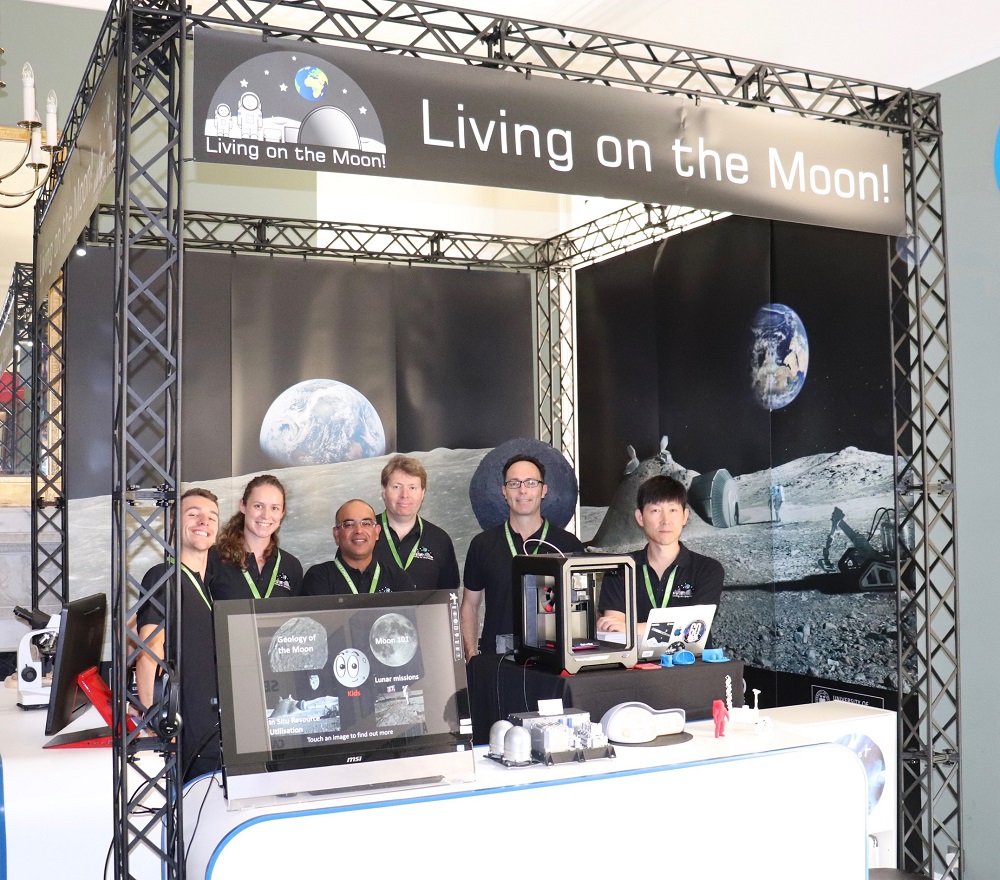
OU’s Lunar scientists take a look at living on the Moon
A team of UK scientists, led by The Open University, are revealing research which brings the possibility of living on the Moon much closer. The Living on the Moon! exhibit at the Royal Society Summer Science Exhibition (1-7 July), created by a consortium of 5 UK institutions, brings together lunar research from the past 50 […]
Read more about OU’s Lunar scientists take a look at living on the Moon
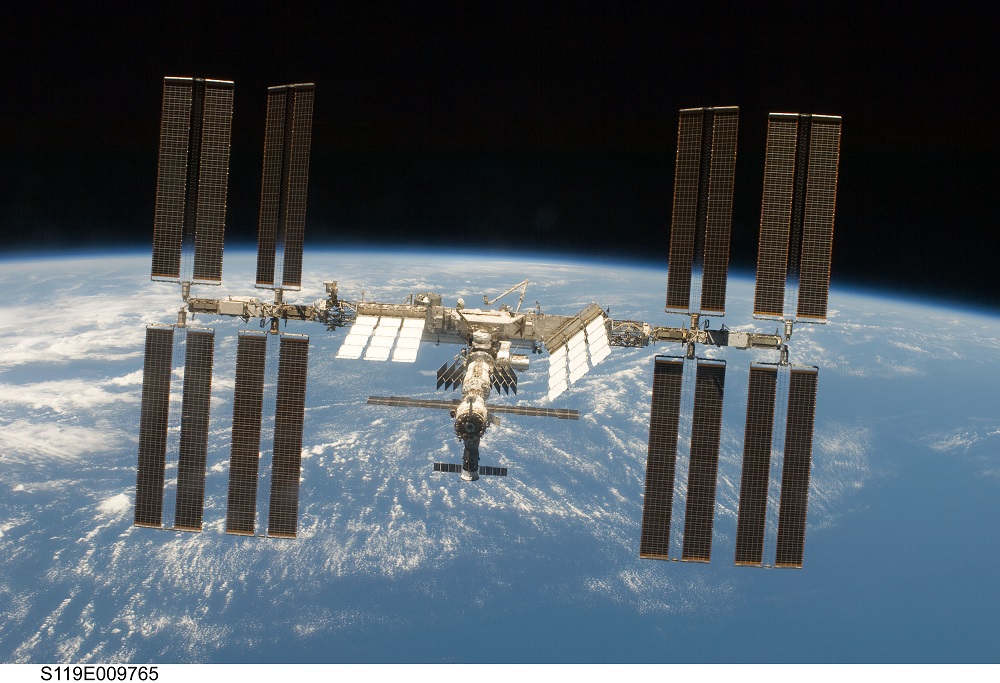
OU receives £6.7 million to expand Astrobiology research
The Open University (OU) has received £6.7 million to expand its Astrobiology Research Group to address fundamental questions about life beyond the Earth. The grant is awarded under Research England’s “Expanding Excellence in England (E3) 2019-2022”. The funding was announced today by Universities and Science Minister Chris Skidmore, as part of 13 government backed projects […]
Read more about OU receives £6.7 million to expand Astrobiology research
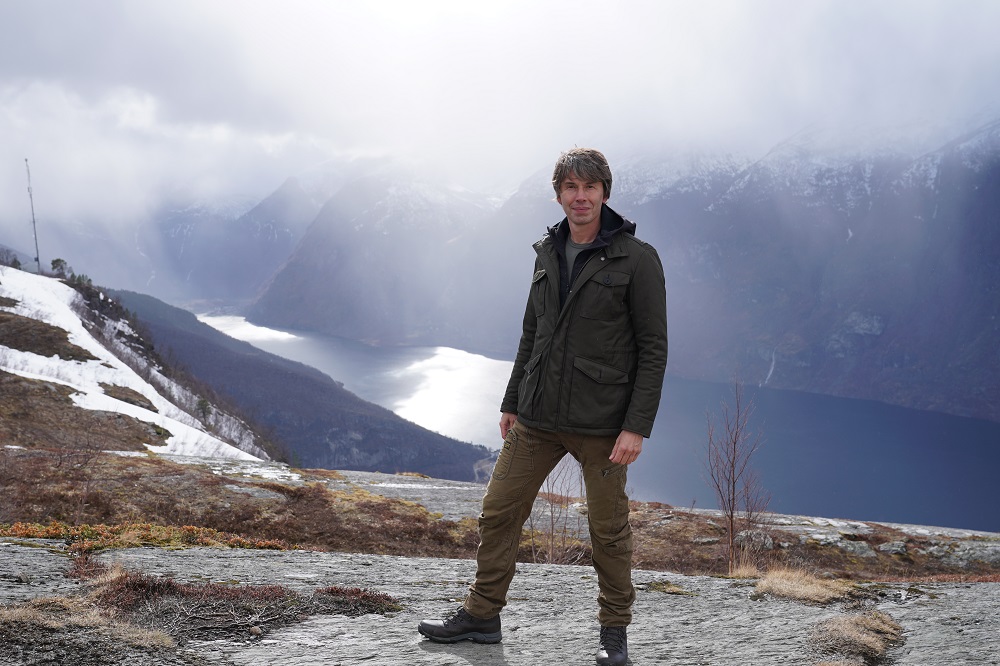
Spectacular series explores our Solar System
Presented by Professor Brian Cox, The Planets is a sumptuous look at the beauty and the grandeur of eight planets, told across five episodes, beginning with A Moment In The Sun.
Read more about Spectacular series explores our Solar System

The moon is still geologically active, study suggests
We tend to think of the moon as the archetypal “dead” world. Not only is there no life, almost all its volcanic activity died out billions of years ago. Even the youngest lunar lava is old enough to have become scarred by numerous impact craters that have been collected over the aeons as cosmic debris […]
Read more about The moon is still geologically active, study suggests
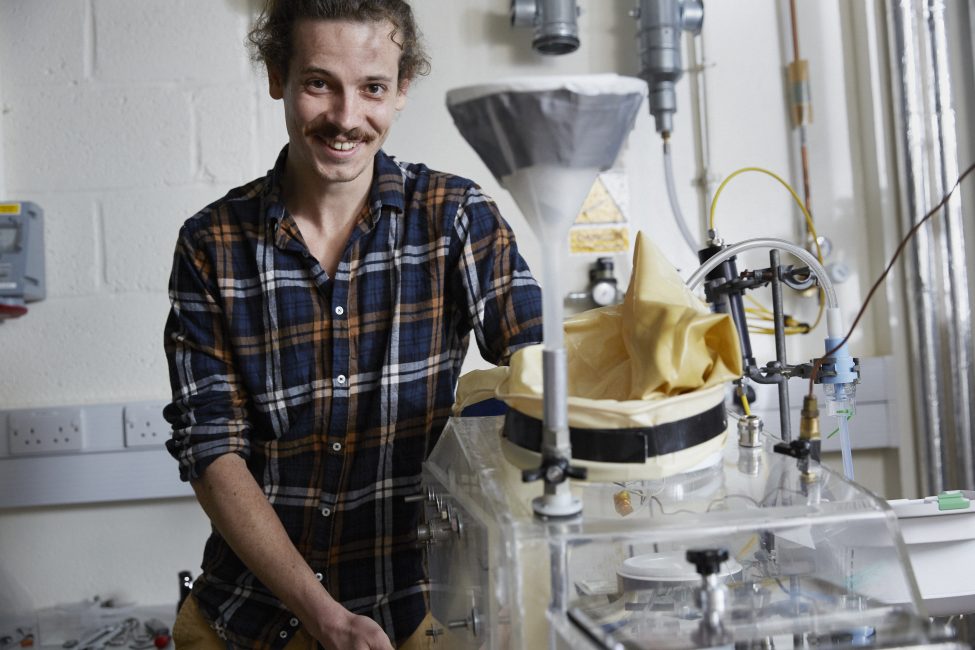
Shooting for the stars (and beyond)
How did the planets in our solar system come to be? This is just one of the questions PhD student Vincent Deguin, 28, and his fellow planetary scientists at The Open University are exploring. Vincent is working on pioneering research into the earliest stage of planet formation, building and testing equipment that will help to […]
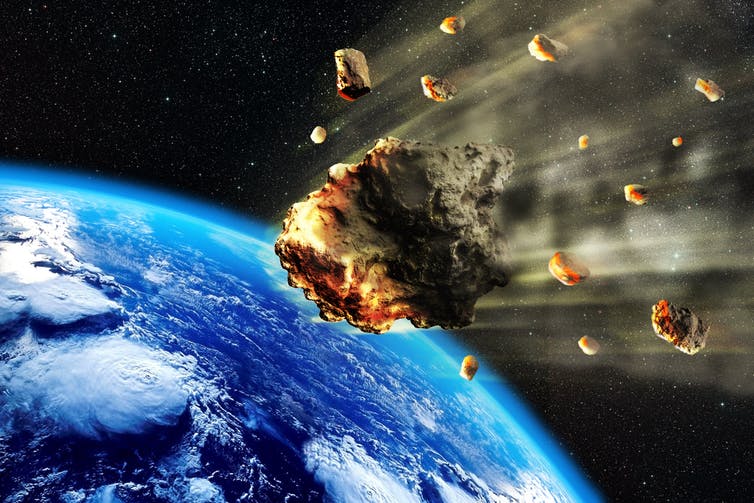
How did the Earth get its water? Asteroid sample gives a surprising answer
Monica Grady, The Open University writing for The Conversation. Water is essential for life on Earth and is one of our most precious natural resources. But considering how our planet formed, it is quite surprising how much water we still have. The Earth aggregated from a cloud of gas and dust – a protoplanetary disk […]
Read more about How did the Earth get its water? Asteroid sample gives a surprising answer
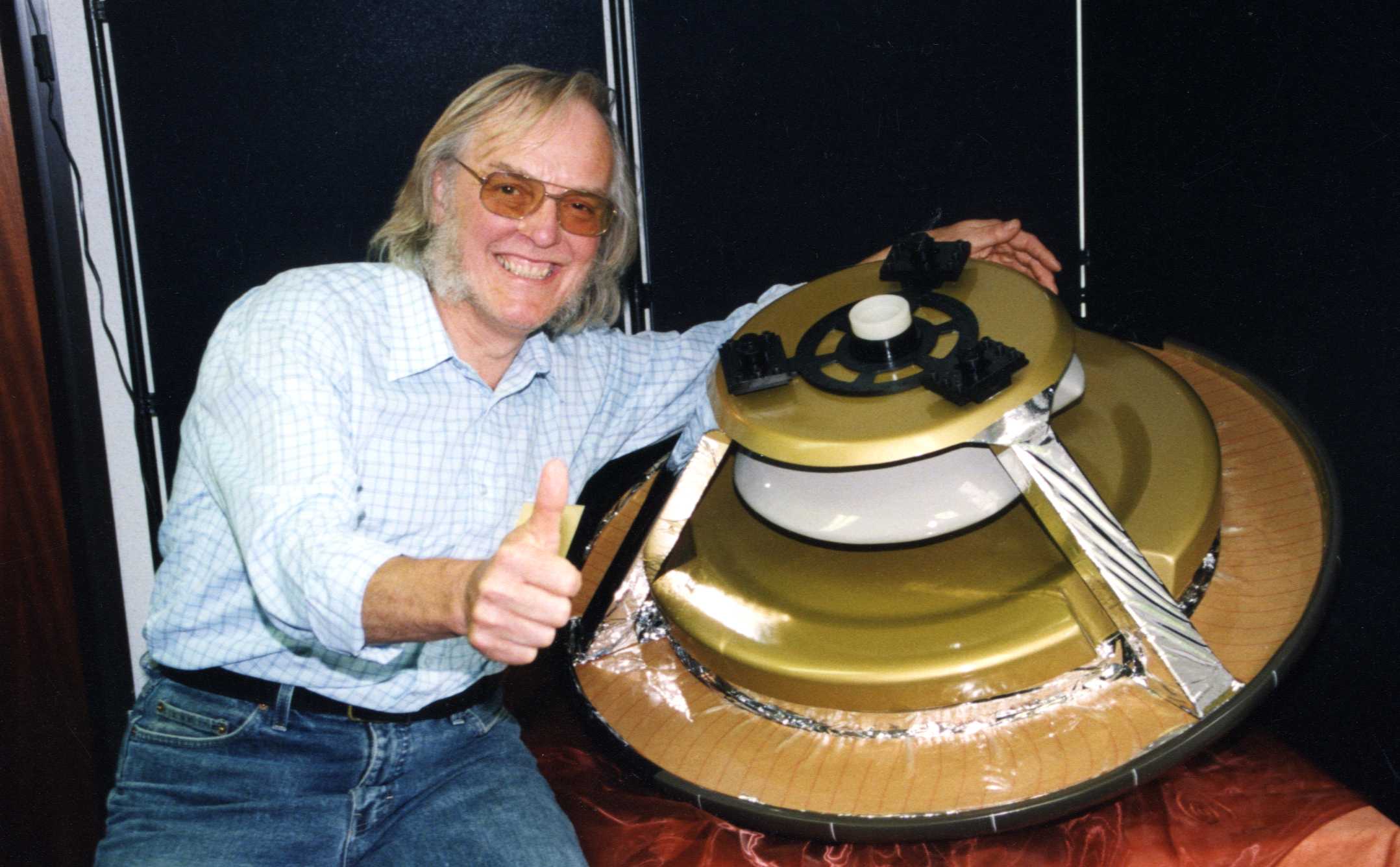
Spotlight on OU Research Projects at 50
As The Open University celebrates its 50 anniversary, we look back at some of the research projects which have shaped the course of OU research over the last 50 years. First ever landing on a comet The arrival of Professor Colin Pillinger (featured above) and his planetary science research group from Cambridge in 1983 – […]
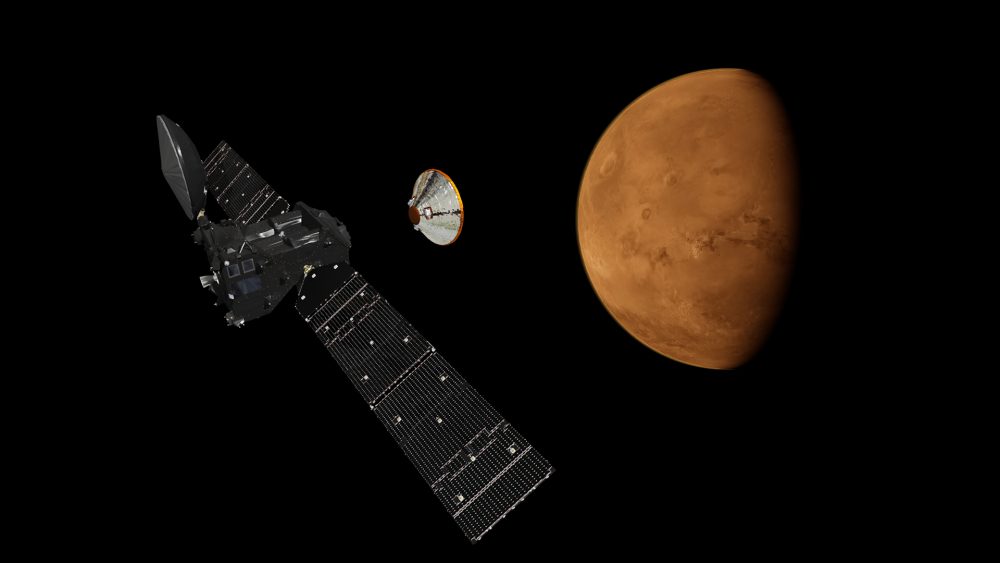
First results from Mars mission revealed
The first results from the ExoMars mission – which includes instruments led by The Open University – give new evidence in the debate over whether methane (a key indicator of life) exists on the Red Planet. The results, feature in two papers published in the journal Nature show a surprise lack of methane and also […]
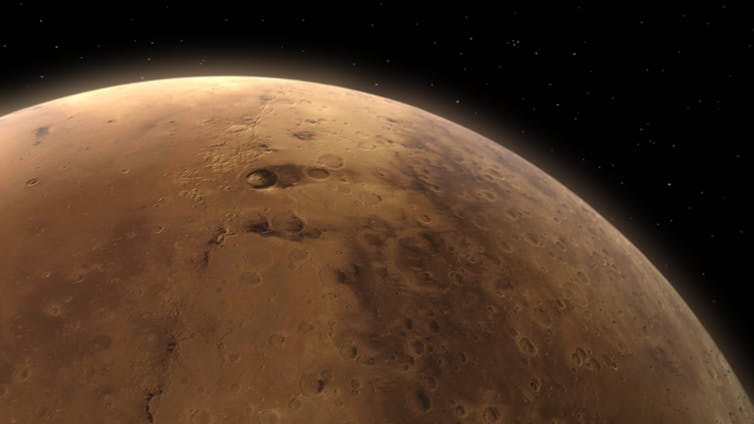
Methane on Mars: a new discovery or just a lot of hot air?
The discovery of life on Mars would get pretty much everyone excited. But the scientists hunting for it would probably be happy no matter what the outcome of their search – whether life turned out to extinct, dormant or extant. They’d even consider finding no evidence of life whatsoever to be an important discovery. […]
Read more about Methane on Mars: a new discovery or just a lot of hot air?
Page 8 of 17